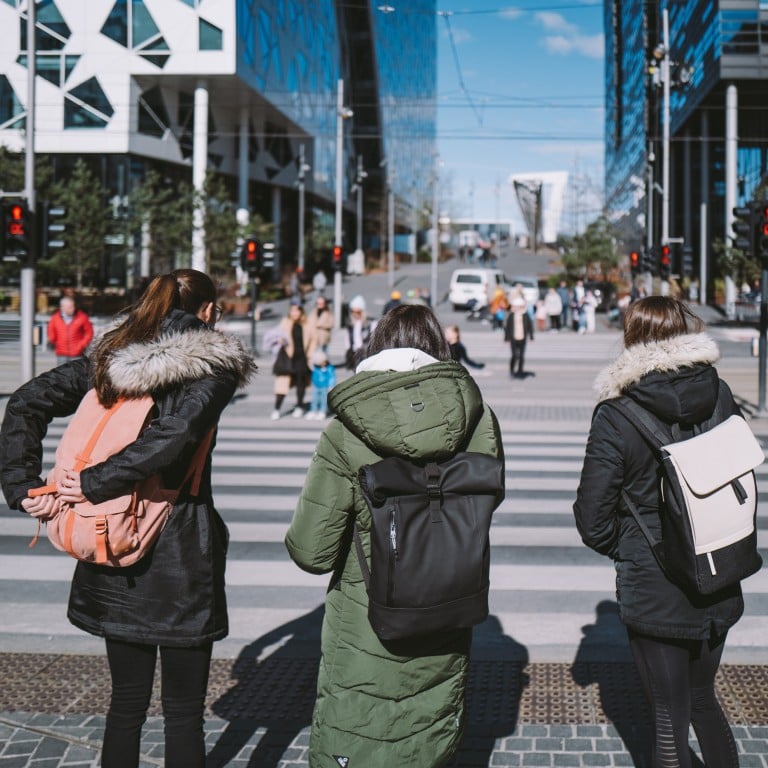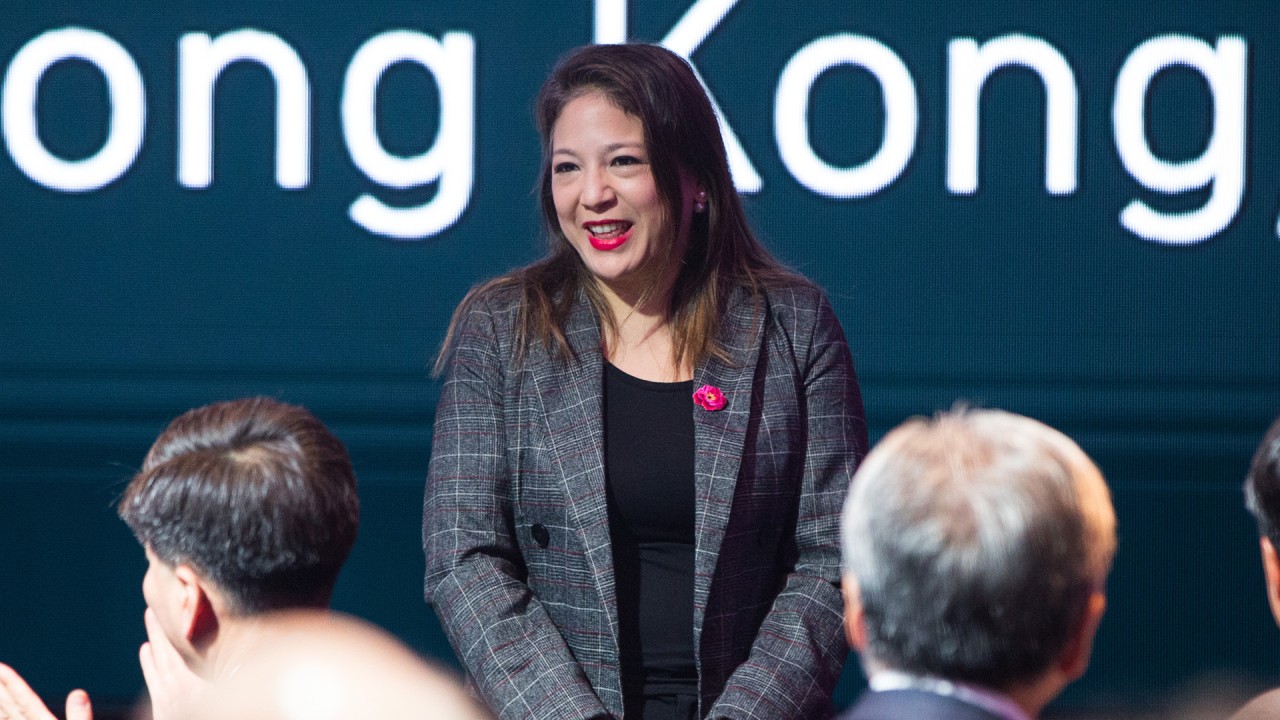
Another 131 years to close global gender gap, World Economic Forum report finds
- Iceland took the top position for the 14th year, having closed 91.2 per cent of its overall gender gap – the only country with a figure above 90 per cent
- The US dropped to 43rd on the list, down from 27th last year, from the 146 countries examined in areas such as economy, education, health, and politics
Gender equality is starting to feel like a far-off dream especially as it could take the world another 131 years to close the gender gap, according to the World Economic Forum.
The WEF published its 2023 Global Gender Gap Report this week and examined gender parity across 146 countries, finding that the gender gap has closed across a variety of areas of society by 68.4 per cent globally, up 0.3 per cent from 2022’s 68.1 per cent score.
The gender gap measures equality across areas like the economy, education, health, and politics, according to WEF.
The slow rate of progress means it won’t be until 2154 that we reach full gender parity between men and women, the WEF’s report says, basing that number on the gender gap closing at the same rate every year.
Equality in farming could add US$1 trillion to world economy
It will take 162 years to close the political empowerment gender gap, and 169 years to close the economic participation and opportunity gap, while no clear timeline is known for the health and survival gap.
On a positive note, gender equality in educational attainment is within close reach, as it will only take 16 years to close the gap in this area.
Although no country has reached full gender equality just yet, Iceland took the top position for the 14th year running having closed 91.2 per cent of its overall gender gap – the only country with a figure above 90 per cent.
Norway, Finland, Sweden and New Zealand were also in the top five respectively, with scores of over 80 per cent.
The United States however is falling behind in closing the gender gap, dropping to 43rd on the list, down from 27th last year. The country’s parity score fell by 2.1 per cent to 74.8 per cent.
Women’s economic participation has regressed rather than recovered
“Recent years have been marked by major setbacks for gender parity globally, with previous progress disrupted by the Covid-19 pandemic’s impact on women and girls in education and the workforce, followed by economic and geopolitical crises,” Saadia Zahidi, managing director at WEF said in the report.
“Today, some parts of the world are seeing partial recoveries while others are experiencing deteriorations as new crises unfold,” she said. “Global gender gaps in health and education have narrowed over the past year, yet progress on political empowerment is effectively at a standstill, and women’s economic participation has regressed rather than recovered.”
Alongside these issues, the gender wage gap also continues to be a persistent issue in the US.
An analysis by the Centre for American Progress earlier this month found that it could take another 33 years to close the gender pay gap, which means waiting until at least 2056.
Japan to push for women’s participation
Meanwhile, Japan plans to push for women’s participation in society, especially in politics, top government spokesperson Hirokazu Matsuno said on Wednesday.
The World Economic Forum report ranked Japan 125th out of 146 countries, down from 116th in last year’s report.
“We need to humbly accept our country’s current situation,” Matsuno, the chief cabinet secretary, told reporters during a briefing.
In economic participation and opportunity, a category that examines labour force participation, wage equality and income, Japan was 123th, the lowest among East Asian and Pacific countries.
Its gender parity in political empowerment was one of the world’s lowest, at 138th, behind China, Saudi Arabia and Turkey.
Japan admits it must do more to ease women’s struggle to balance work and home
Women account for just two of Prime Minister Fumio Kishida’s 19 cabinet ministers and roughly a tenth of lower house lawmakers.
Investors, particularly those overseas, are cranking up the pressure on Japanese businesses to diversify their boards, traditionally skewed towards older men.
Norges Bank Investment Management, the world’s largest sovereign wealth fund, will oppose the appointment of board chairs for Japanese companies lacking female board members, the Nikkei business daily said in April.
Voters and activists have also pushed politicians to take action. The ruling Liberal Democratic Party compiled a plan this month to boost the share of its female lawmakers to 30 per cent.



